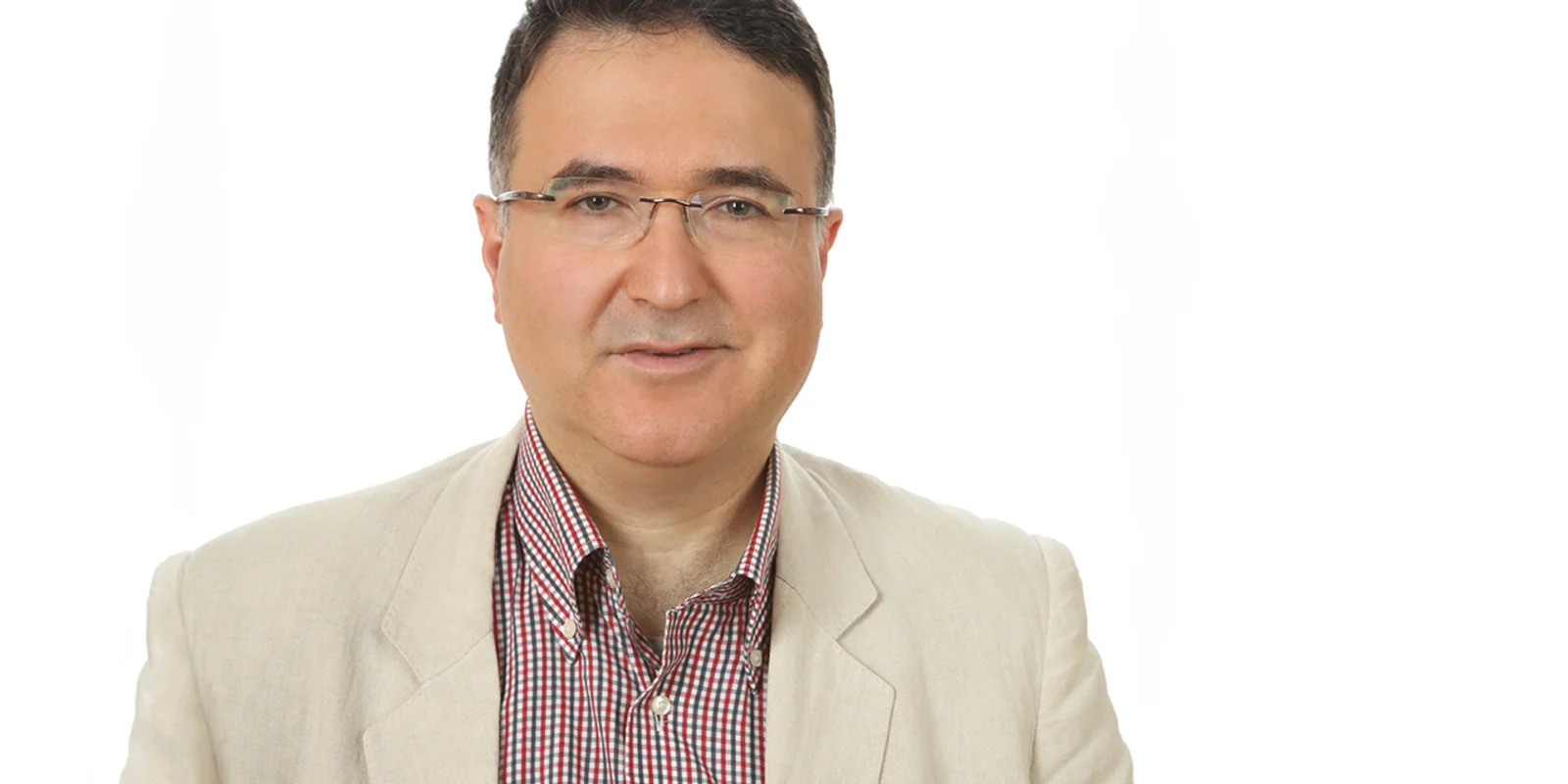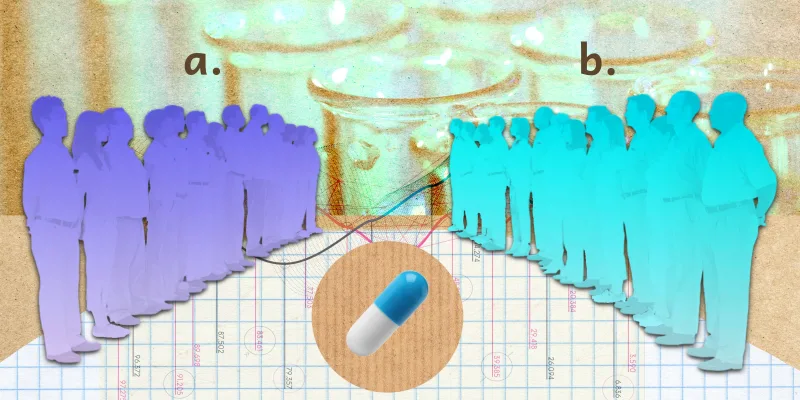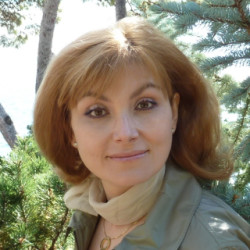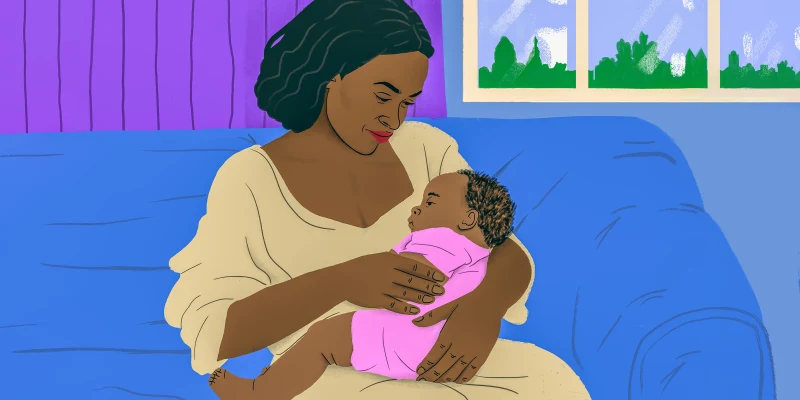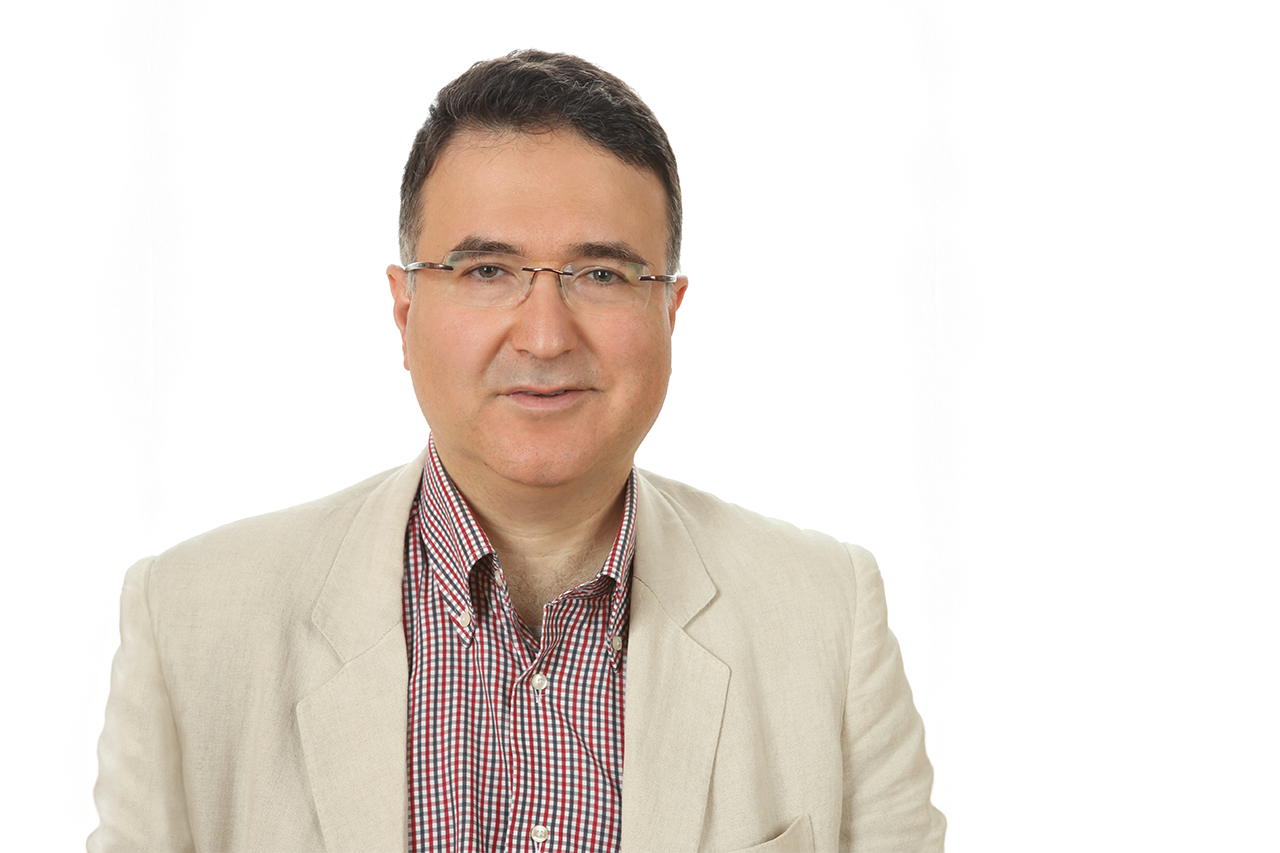
Name: Mehmet Agirbasli, MD
Specialty: Cardiology
Education: Hacettepe University Faculty of Medicine
Areas of Expertise: Interventional Cardiology, Cardiovascular Disease Genetics
Current Position: Professor of Cardiology at Medeniyet University Hospital in Istanbul, Turkey
1. Why did you choose cardiology?
When I started my internal medicine residency in Buffalo, New York, my initial intention was to choose oncology as a subspecialty, then as I started the rotations one by one. I really enjoyed the CCU rotation as an intern and resident. I changed my mind and decided to go into cardiology. I guess that as a cardiologist, I like the dynamic nature of the field and I like taking care of the critically ill patients. I was told that cardiology was a oversaturated field then. But every cardiologist that I have met, has more work to do than she or he can handle. I bet that every field in medicine has similar aspects, ups and downs at times. I try to keep my internal medicine skills active as well.
2. Why did you sub-specialize in interventional?
After internal medicine training, I was fortunate to get accepted into the Cardiology Fellowship program at Vanderbilt. Rose Mary Robertson MD was our program director, then. She is a very influential leader in Cardiology. It was a busy program and I was on call as a fellow for primary angioplasties and I saw how patients benefited from timely and properly performed procedures. Then, I decided to apply for interventional cardiology.
3. What is the last journal article or piece of research that significantly changed your practice?
ORBITA trial, recently published at Lancet was definitely a splash in our field. The ORBITA study is remarkable as the first blinded, placebo-controlled trial of percutaneous coronary intervention (PCI) for stable angina. Even though, it has been 40 years ever since Andreas Gruentzig did the first percutaneous coronary intervention in a patient with stable angina.
At the first job, I took after fellowship, we had a brand new cath lab facility and at the wall, there was a sign saying ‘Primum non nocere’, a Latin phrase that means ‘First do no harm’. Therefore, no matter how much we feel passionate about the procedures we perform, we should always question the potential benefits and harms of what we do. I am also looking forward to hearing the results of ISCHEMIA trial, soon to be published or presented.
4. What are your research interests?
Prior to my research and independent academic work, I worked as a researcher at the Bogalusa Heart Study on cardiovascular risk factors in children with Dr. Gerald S Berenson at Tulane University. I currently maintain an active collaboration with the same study. I was a faculty at the Division of Cardiology, Vanderbilt University Medical School in Nashville, (2002–03). I have been trained as a researcher under the mentorship of Dr. Douglas E Vaughan at Vanderbilt University focusing on fibrinolytic balance and thrombotic risk factors. Dr. Vaughan moved to Northwestern and we keep our collaboration. I learned a lot from him. In addition, I completed coursework in genetics at the Jackson Laboratory in Maine. My current research focuses on novel cardiovascular risk factors particularly as they relate to plasminogen activator inhibitor system. I am also interested in learning the ethnic and population specific factors related to cardiovascular disease phenotype. In 2009, my research together with my mentor Professor Gönenc Ciliv (Hacettepe University, Ankara) was recognized by the Sedat Simavi Foundation of Turkey for “Metabolic Syndrome in Turkish Children”.
5. Outside of your daily practice, do you have any personal or professional projects that you’re passionate about?
My father who passed away 2 years ago, started a charity foundation in my hometown, Konya in central Anatolia, Turkey. The foundation established a school to train the caretakers for elderly, needy and disabled. My brother and I are passionate to continue his charity work, which we believe can make a difference in the community.
6. How can your colleagues in the ED or Primary Care better utilize your expertise?
As a cardiologist, I interact with ED and primary care physicians very commonly. I believe in the patient centered primary care. No matter how busy we are, we should have time to listen to the peers and patients. The quality of the service that I provide to my colleagues in the ED or Primary Care very much depends on the humility and being available to their calls with patience when they need us. I believe better communication skills are very important in medicine, I am trying to improve on that. I admired my mentors who can communicate effectively, even at very stressful conditions.
7. Who are your mentors?
Fortunately, there are several of them. At medical school in Hacettepe University, Ankara, Turkey, I worked closely with Dr. Gonenc Ciliv from Biochemistry Department as I have continuing interest in basic science. Dr. Gerald S Berenson from Bogalusa Heart Study is an amazing clinical scientist and mentor, after I met him, I decided to do my post graduate training in USA. As an internal medicine resident in Buffalo, New York, Dr. Paul Binnette, Dr. John Fudyma, and Dr. Dennis Policastro were role models for us. As a cardiology fellow, I trained with Dr. Douglas E Vaughan whom we became close friends with. Dr. Bud Friesinger was a tremendous resource for our fellowship program. And I was trained by Spencer B King at Emory as an interventional cardiology fellow. Dr. King was an amazing person and mentor to learn from. Dr. Vaughan and Dr. King visited me in Istanbul. I remember, when Dr. King visited Istanbul for a 24 hour stay, I asked him the places he wanted to see in Istanbul. His answer was ‘I want to see where my fellows work’ so I took him our hospital. Similarly, Dr. Vaughan listened to the research projects of our students.
8. What’s the best advice you’ve ever received?
The best way to thank a mentor is to share and teach what you learned with trainees. I am also proud that I also trained several residents and fellows who became excellent physicians.
9. What has been your most gratifying moment of being a clinician?
I travel several countries and I try to learn their languages. I like to interact with medical community from different countries. The most gratifying moments are probably interacting with students and patients of different backgrounds, and to be able to understand and empathize with the differences.
10. What is the biggest challenge or obstacle in cardiology?
As cardiovascular disease is one of the main causes of death on Earth, inequalities in healthcare access bring devastating consequences. Besides, despite the enormous growth of scientific knowledge, dissemination of knowledge to larger audiences has been lacking.
11. Is the stethoscope dead?
Absolutely not. The funny story is, I still hold onto my stethoscope since residency. They broke into my car once and stole my stethoscope. Few weeks later, I found it in a nearby garbage can. I thought that was a unique message to me. I learned to listen to patients from Dr. Bud Friesinger at Vanderbilt. Finally, I have been getting good at it, I hope. Every now and then, I impress residents by making esoteric diagnosis by stethoscope. Like they say, ‘may often be wrong, but never in doubt’.
12. What are your favorite Doximity features and how have they helped your productivity (Dialer, DocNews, CareerNavigator, e-Fax, etc.)?
Doximity made me feel like a fellow again. It is great to interact with so many members of medical community and I am amazed how much we share.
